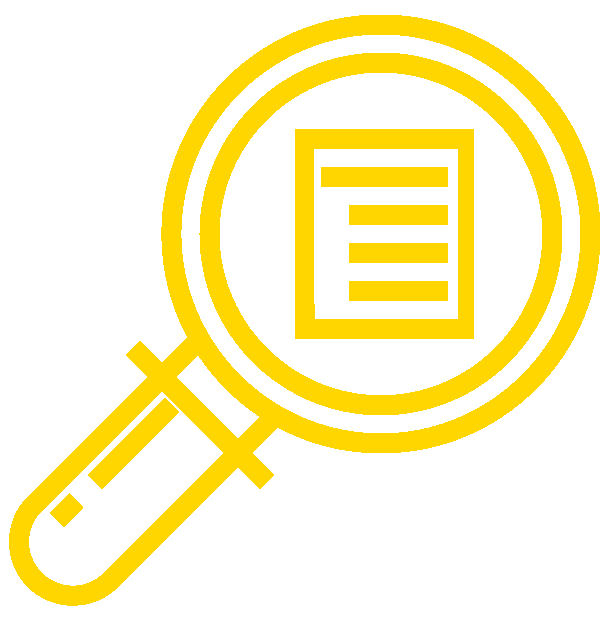
The content, assignments, and assessments for American Literature I are aligned to the following learning outcomes.
Module 1: Reading and Interpreting Literary Texts
- Identify the key features of prose
- Identify the key features of poetry
- Identify and describe the major critical approaches to literary interpretation: New Criticism/Formalism, Reader-Response, Feminism, and Marxism
Module 2: Early American and Puritan Literature (1650–1750)
- Describe the major historical and cultural developments of colonial America; explain key concepts
- Describe the major conventions, tropes, and themes of Puritan and early American literature; identify and discuss those features with regard to individual works
Module 3: Enlightenment Literature (1760–1820)
- Describe the major historical and cultural developments of the Enlightenment; explain key concepts
- Describe the major conventions, tropes, and themes of Enlightenment literature; identify and discuss those features with regard to individual authors/works
Module 4: Romantic Literature (1820–1860)
- Describe the major historical and cultural developments of the Romantic period; explain key concepts and terms (e.g., the sentimental)
- Describe the major conventions, tropes, and themes of Romantic literature; identify and discuss those features with regard to individual authors/works
- Describe the major conventions, tropes, and themes of Gothic literature; identify and discuss those features with regard to individual authors/works
- Describe the major conventions, tropes, and themes of transcendental literature; identify and discuss those features with regard to individual authors/works
- Describe the major conventions, tropes, and themes of abolitionist literature and slave narratives; identify and discuss those features with regard to individual authors/works
Module 5: Writing About Literature
- Find and use historical sources to discuss the historical context of a literary work
- Find and use literary criticism in your analysis of literary works
- Cite sources correctly using MLA format
Candela Citations
CC licensed content, Original
- Course Learning Outcomes. Provided by: Lumen Learning and SBCTC. License: CC BY: Attribution
CC licensed content, Shared previously
- Magnify. Authored by: Eucalyp. Provided by: Noun Project. Located at: https://thenounproject.com/term/magnify/1276779/. License: CC BY: Attribution